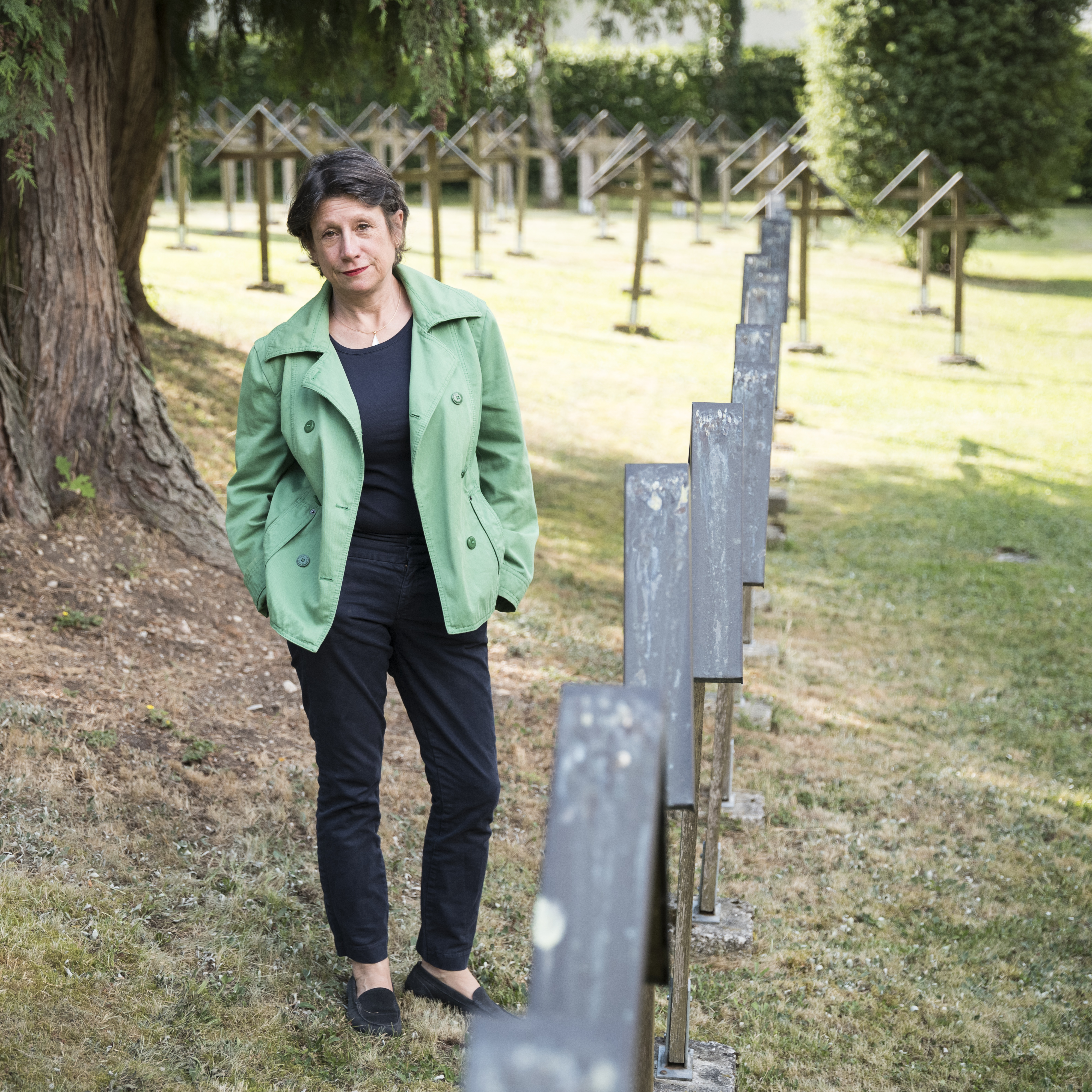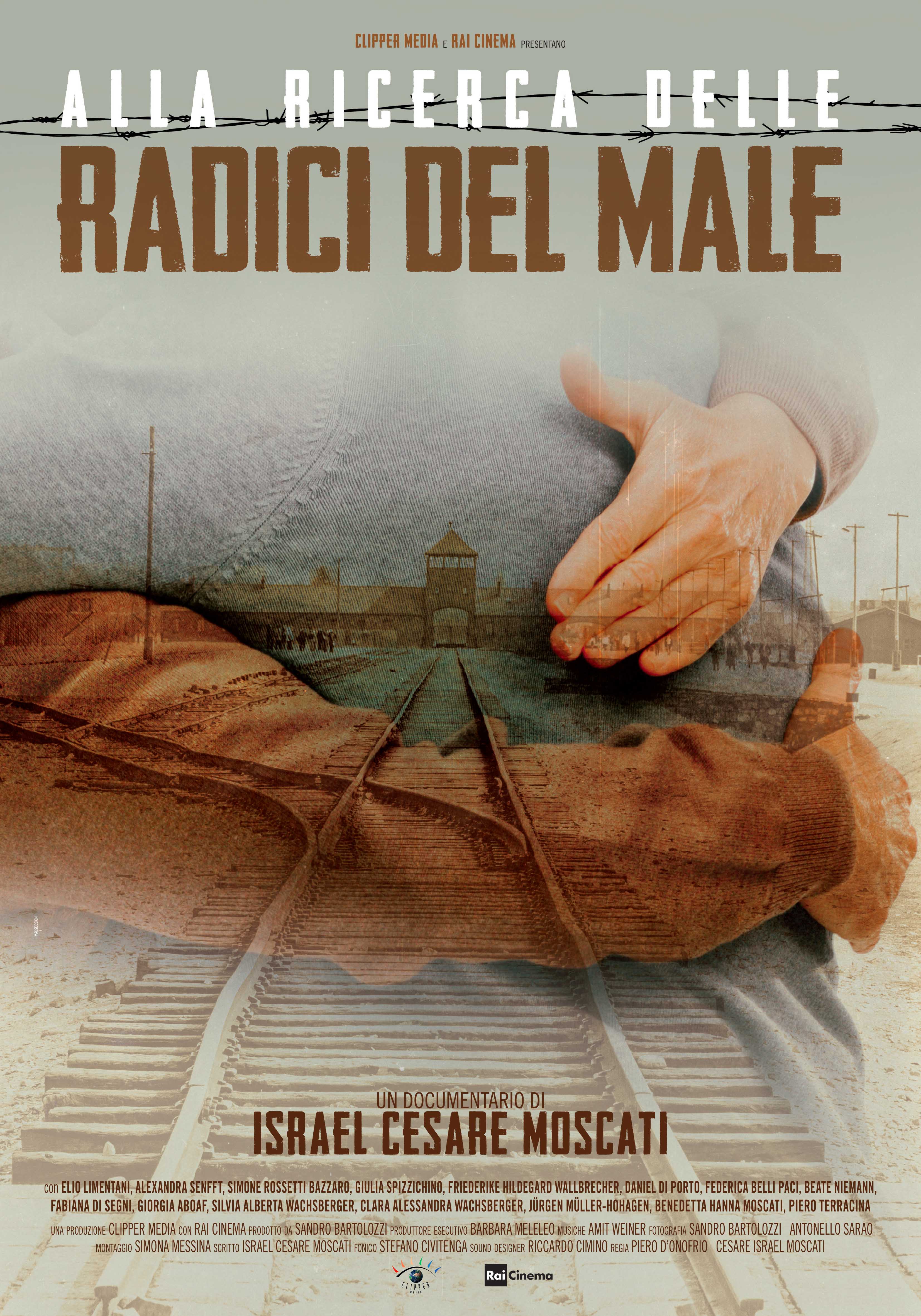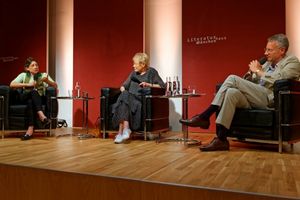Près de 70 ans après sa condamnation à mort et son exécution comme criminel de guerre, la mémoire de Hanns Ludin, ambassadeur du Troisième Reich en Slovaquie, continue à peser sur ses descendants. Alexandra Senfft, sa petite-fille, a brisé le déni familial.
La Croix, François d’Alançon, 14/08/2017
>> more

Cemetery Spötting Landsberg am Lech © Maurice Weiss/Agentur Ostkreuz



